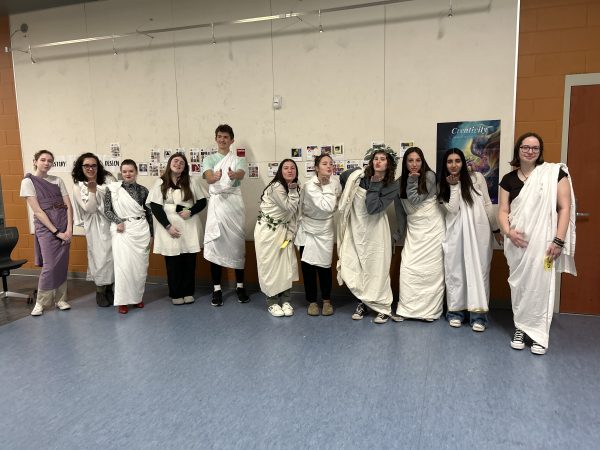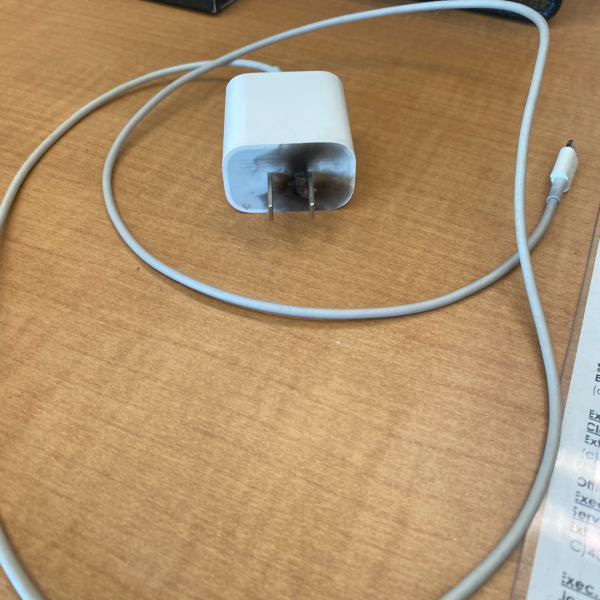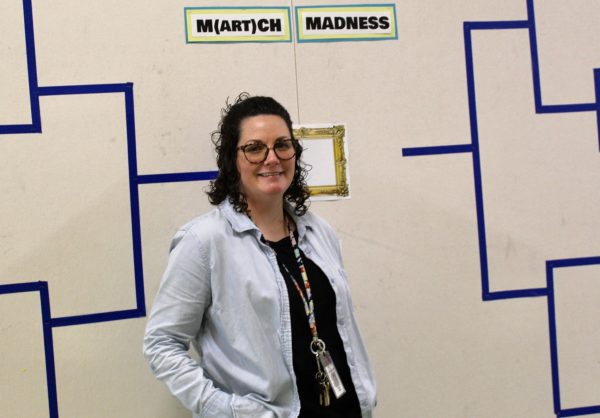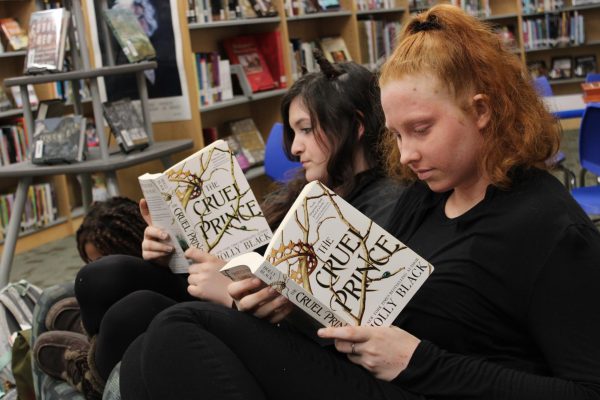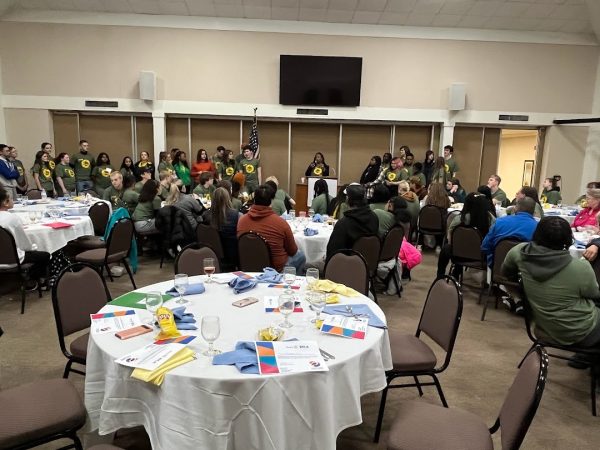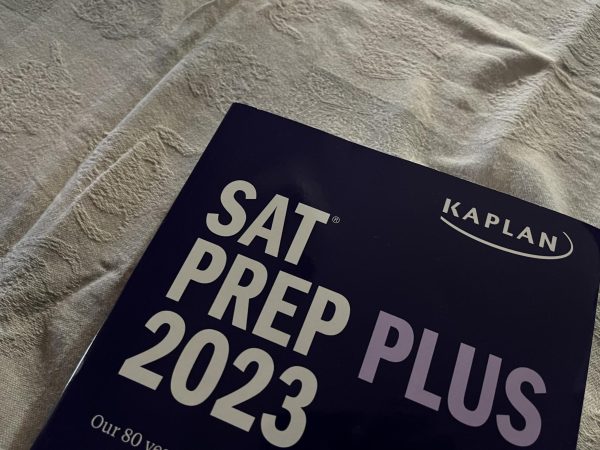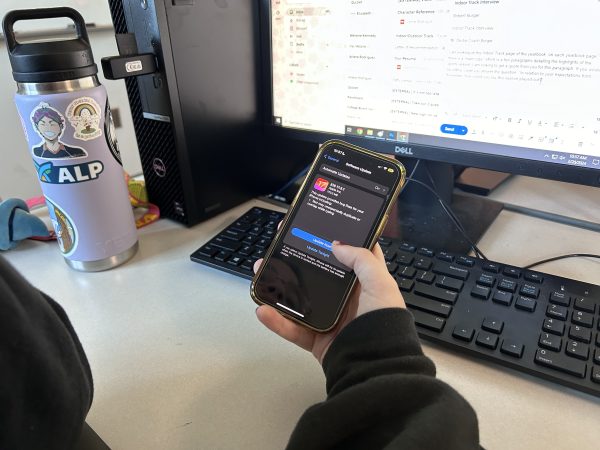The Dilemma of Wasted Food
To many students, lunch is the best time of the school day. You get to eat at least somewhat edible food while spending time with your friends. But there is an ongoing debate about whether or not certain foods should be required to be taken during lunch. At FCHS, each student who buys lunch must take fruit, milk, and vegetables, whether you plan to eat them or not.
The problem comes when it is time to throw these trays away, and the food you had no intention of eating goes into the trash too. From there, it just ends up in ever-growing landfills. The question follows: Should students be required to take extra foods that they know they will not eat?
Take milk cartons, for example. Most people who get milk in school lines end up not drinking it and throwing it into the trash can at the end of lunch. Obviously, this is wasteful, but the same goes for throwing out other foods that are not in containers, such as fruits and vegetables. “I think wasting food in the cafeteria could be harmful to the environment and it causes more harm than good,” says junior Erika Schmack.
Some feel that the wasted food could go towards people who actually need it instead of just ending up in dumpsters. Last semester, FCHS attempted to fix this problem by providing boxes in which students could leave untouched food at the end of lunch. However, since most students ignored this and just continued on with their usual routine the boxes were removed for spring semester.
Some students argue that they should not be forced to take food they don’t want to eat. Others recognize that requiring students to be offered milk and other healthy foods is designed to promote healthy eating among students. Considering that obesity rates, even among children, continue to rise, this rule may seem particularly understandable. According to the Centers for Disease Control (CDC), one in five children in America struggle with obesity, and schools believe that by controlling their lunch intake then they can help by encouraging healthier diets.
“The whole reason for the requirement is to help kids eat healthier, so I think it is a good thing in the end,” said junior Madison Aldridge.











